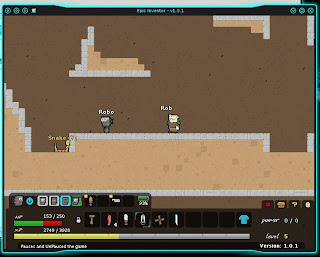At the beginning of this month, I had visited Distrowatch and got these numbers:
Number of all distributions in the database: 763
- Number of active distributions in the database: 301
- Number of dormant distributions: 52
- Number of discontinued distributions: 410
Number of all distributions in the database: 763
- Number of active distributions in the database: 297
- Number of dormant distributions: 54
- Number of discontinued distributions: 412
Still, Linux market share managed to grow from 1.52 in August to 1.65 in September, according to Netmarketshare.com. I guess this is part of the evolutionary process Linux is part of.
Things don't seem so rosy for Windows users, either. After a year since its launch, Windows 8 has not reached a double digit market share yet. Last month, it was at 8.02. I wonder if that number will grow past 15 due to the fact that in September, Windows 8.1 was at 0.87 (growing from 0.24 in August). As 8.1 gets traction, Windows 8 will naturally die out. Also, let's not forget that the much forgotten Vista, during its best time (August, 2009), reached a market share of 19.01! Windows 8 has conquered Vista's current market share, but it still has to overcome Vista's best score. Will it do that?
Still, Microsoft apparently had some pretty serious issues with its 8.1 and RT upgrades. That is no good news for Windows users.
Then again, given the new fast release model that MS is adopting, Windows 9 should be out in the second part of 2014, which would give but 12 months to both 8 and 8.1 to grow their numbers.
But wouldn't this lead to the horrible "fragmentation" that Windows users always criticized of Linux? How will customer support manage to juggle Windows 7, 8, 8.1, and 9 (and probably some stubborn XP and Vista leftovers?) by then? Those people will have a terrible time trying to do their job.
On the other hand, Mac OSX versions, combined, reached around 6.72 in August. Last month, they climbed to 7.03. More people seem to be choosing Apple products.
Although I don't know what is happening in the world of computers, I think it'll be interesting to see all this again in a year's time.




